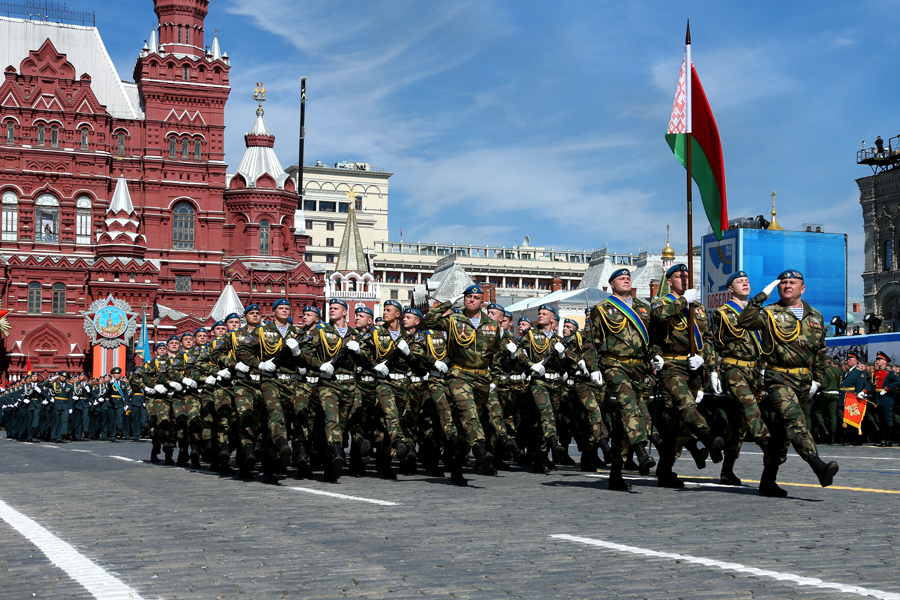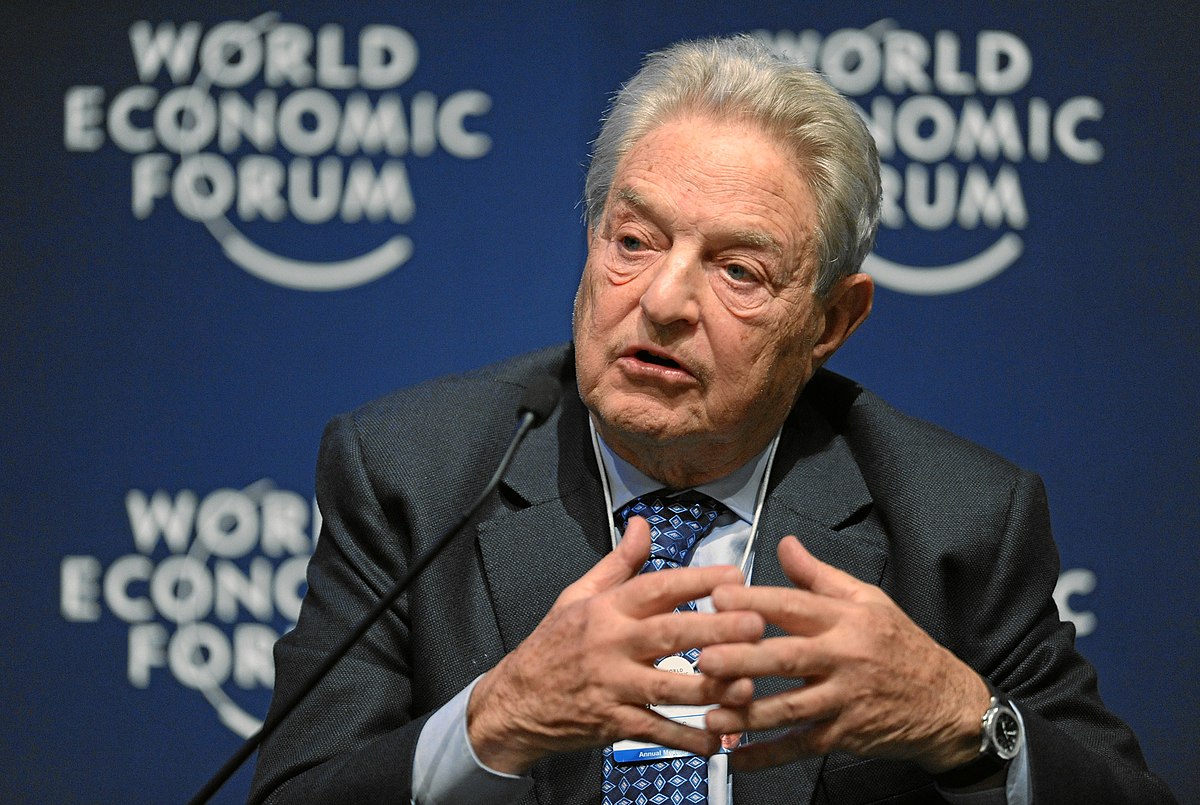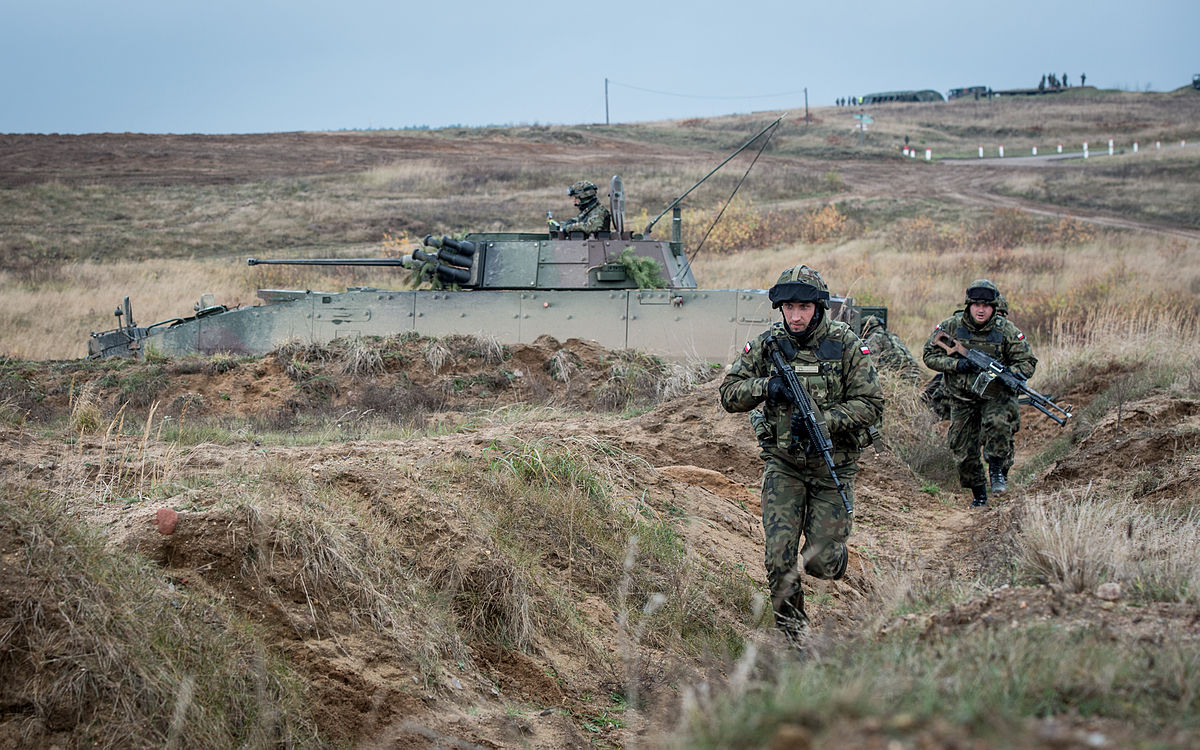Belarussian provocations must be met with retaliation from Poland

The Russians are very carefully testing and observing the ability of the Polish political scene to unite in the face of external aggression
Piotr Semka
On the occasion of the incursion of Belarusian helicopters into Polish airspace, we are once again exposed to a cynical game of nerves played by the Kremlin with the help of its Belarusian subordinates. The Russians have three targets in their sights: first, their analysts are very carefully testing the speed of the Polish command’s decisions in the event of minor and major mini-aggressions. Russian special services analysts are testing how reactions can be triggered, which our adversaries may portray as a furious action by the Polish military that could get the whole of NATO into trouble. This is not a new tone. The Estonians, Latvians, and Lithuanians have had plenty of such mini-incidents, which required cold bloodedness and deep wisdom on the part of the Baltic nations. Such incidents are meant to convince the citizens of Italy, France, or Spain that the nations living along NATO’s eastern border are adventurers and an indirect threat to their peace of mind.
Second, the Russians are doing what any reconnaissance team on the border does. They are looking for weaknesses in defenses. Such knowledge has been gained for decades and is thoroughly replenished on a regular basis. It comes in handy in the event of a real attack.
And finally, third, the Russians are very carefully testing and observing the ability of the Polish political scene to unite in the face of external aggression. They are welcoming every instance of either disregard for Belarusian-Russian actions, as was the case with Tusk’s recent nonchalant tweets about Poland’s security, or the exaggerated cockiness displayed by Radoslaw Sikorski, who was surprised that the Polish military did not simply shoot down Belarusian helicopters.
We will be tested in this way for a while. That’s why it’s worth outlining a few tasks that can reduce our disadvantage. We need to have discussions with America about the continuous process of reducing the decision time for an appropriate response to a given threat. And just like in good exercises, we need to practice this until the process is brief and adequate for a given threat. We need to learn how to distinguish between purely provocative attacks and those to which we need to react seriously. In such situations, as always, it is worth seeking allies, and that is why it is very good that after the incident with the helicopters, the Lithuanian president immediately met with our prime minister in Suwałki. And finally, such actions must not be left without retaliation. But retaliations that are wise. Lukashenko must know how he will pay for such games.
One option could be to close the Małaszewicze railroad crossing for a day or two, as much of the rail transit from China to Western Europe passes through there. If Russian specialists are teaching the Belarusians how to stress our border, then we need to look for Belarusian weaknesses and only with ironclad consistency accustom them to a situation in which every act of provocation on their part will be met with a firm reaction in one form or another. And so that the Belarusian side will feel it, for example, economically. And it will do little to debate whether the reactions were quick enough or showed weakness. Opposition politicians are, of course, already in their electoral campaign mood, and it’s hard to ask them not to step into state security territory. But the reality for someone who is already in power and has to calculate every decision is different from that of an opposition wise guy who can say whatever he wants, because he has no influence on reality anyway.
This article was published in August 2023 in “Do Rzeczy” magazine.



